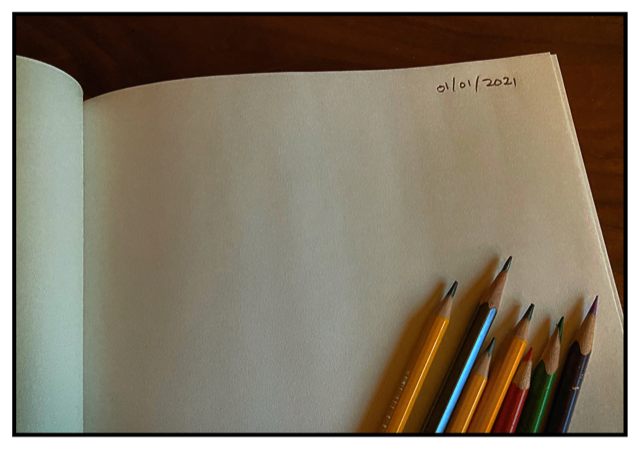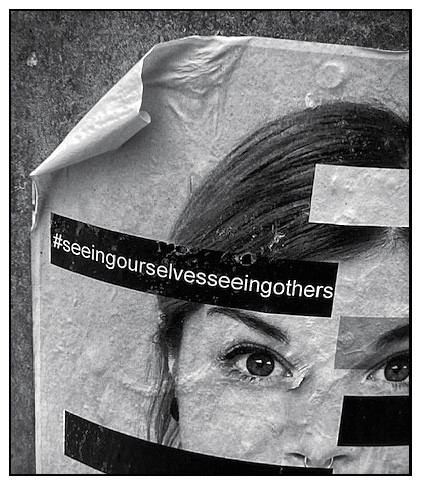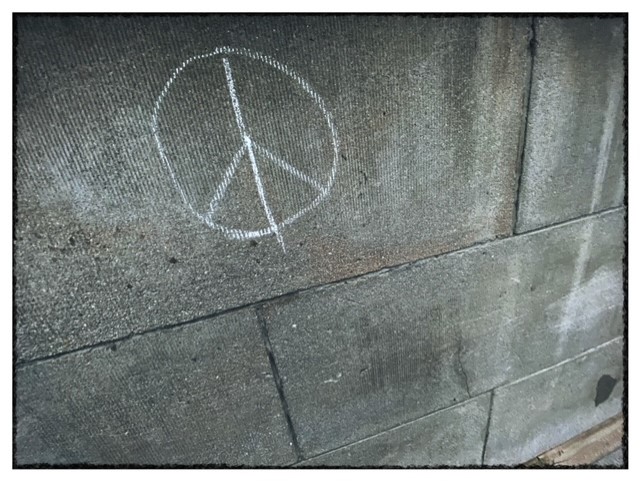
As we “close the book” on another year, it’s all-too-easy to drag out those cliché literary references. We are “turning a page” from one of the most tumultuous years this world has experienced.
Today begins “a new chapter”. It is a new year.
It’s now 2021, and I am writing in a fresh new journal for the first time.
Often I’ve said there is nothing as inspiring as a blank page, and this year I am, literally, taking that to heart.
I have selected a hardcover blank journal to begin the year. There are no lines, grids, graphs or dots on any of the 192 pages. It is plain — naked even — and waiting for my thoughts, concerns, observations, memories, recipes or reminders.
There are no lines to guide my ramblings or control my direction. Right now it is smooth, unmarked, virgin white paper. I know it won’t stay that way for long. You see, my penmanship is not the finest. I sort of print/write/scribble, and if I get caught up in my thoughts it borders on illegible. It works for me, most of the time.
I admit it will be a little more difficult without lines on the page to guide me.
Lines, generally, keep order. When you are not neat you tend to rely on some guidance, even if you don’t think you need it.
Many times I’ve been accused of — even admonished for — colouring outside the lines.
Yet, for the immediate future, I will care less (without being careless) about blurring the lines and simply record my thoughts and moments without consideration for how it looks. I will “tell my story” on those pages as a sign have been here and have lived through and survived these trying times (and I’m still trying).
I won’t be held back by boundaries.
I will leave my mark
The blank page is there and will be accepting of whatever I have to offer on a daily, hourly or weekly basis. Whenever I am ready I will use my trusty pencils, at my discretion, to write small, or very large, even BOLD FACE to drive a point home… I may use purple or green (we all have a rainbow of options available to us), I may even use a pen, or create a collage or sketch a scene, if that is what I choose to do on any particular day.
My journal marks my time on this planet. For the next while it will be free of borders, limited only by the size of the page, but not the magnitude of my imagination.
A blank journal is appropriate for this year, at this “time of my life”.
We have all experienced too many restrictions in the recent past: where we can go, what we can do, how far we should be distanced, even where we should line up.
I believe the blank pages have no boundaries.
I like the thought of that.
Of course, with nothing to guide me, my printing or writing (at times just scrawl) is bound to get a bit messy, but so too is life.
I will try harder to be more legible, even more clear with my thoughts, but most of all I will continue to try for more honesty, greater empathy and more understanding of myself, and of others.
My journal is much like my life; a continual work in progress; an open book.
Like me, it is reliable and always there, no matter how I show up.
“Nature creates curved lines while humans create straight lines.”
-Hideki Yukawa
This is the first year in many I have not offered some sort of free soultalk journaling program to kick off the year. Always enjoyable, the discussion and daily prompts are usually an effective way to initiate, expand, or keep up with your journaling practice. Somehow it just didn’t feel right this year.
I think we’ve all been forced into a period of self-examination, and there are far too many negative thoughts in our universe.
I know I will keep up with my personal writing, but I’m not sure I’m ready to try and inspire anybody else right now. It’s not the time. . . it’s not the year; not yet. Maybe soon.
-j-




